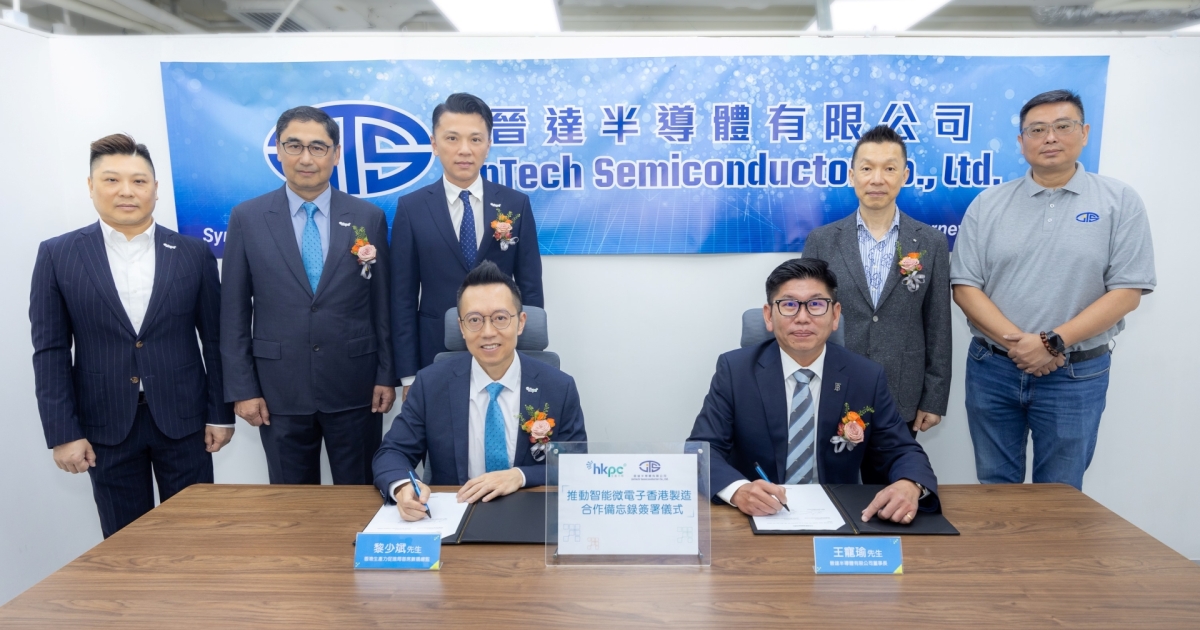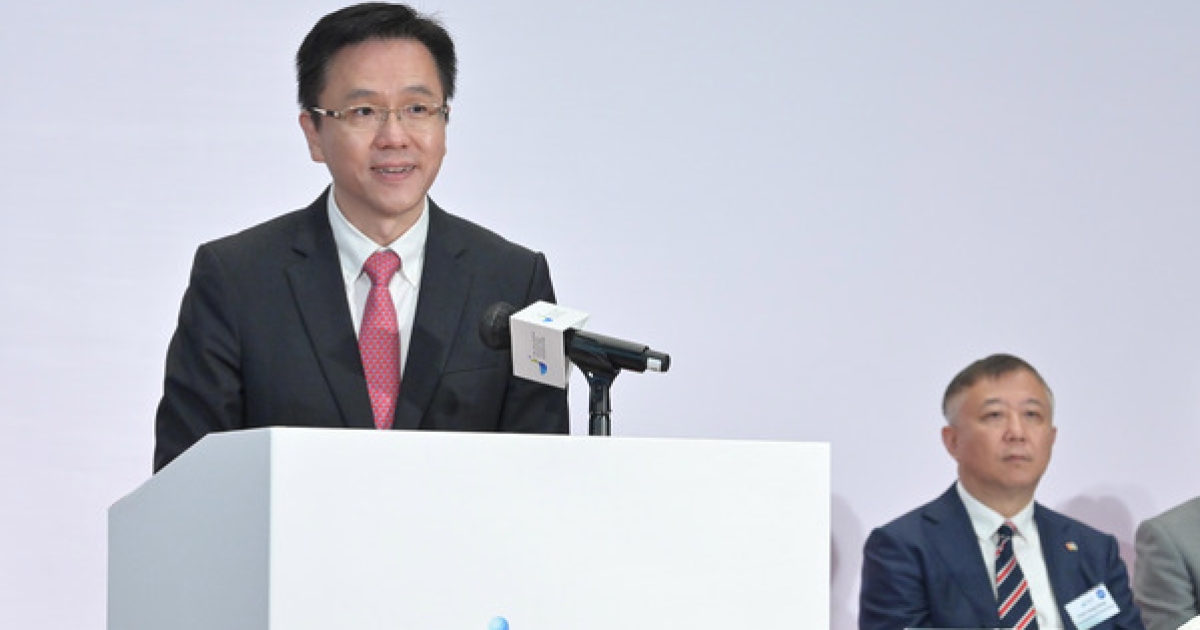TOKYO, Japan — Mitsubishi Electric’s admission that it cheated on train equipment inspections is the latest in a string of quality issues that have raised worries about the Japanese industrial conglomerate’s ability to modify its arrogant corporate culture, according to critics. In addition to the air conditioning equipment it had disclosed the day before, the business admitted on Wednesday that it conducted inappropriate checks on air compressors used in train brakes. It’s possible that the issues have existed for more than three decades. This comes less than three years after it admitted that a subsidiary had supplied rubber products that didn’t fulfill customer durability and other requirements. Following the 2018 revelation, a slew of similar incidents involving anything from cast-metal parts to semiconductors surfaced. According to experts, a highly segmented company that keeps divisions isolated from one another is one of the reasons for the frequent blunders. “Even when compared to other comprehensive electrical equipment manufacturers, individual business units are quite powerful at Mitsubishi Electric, and there are structural problems that top management can’t see,” said Hideki Wakabayashi, a professor at the Tokyo University of Science’s technology management department and a former analyst. The fact that all of the group’s difficulties surfaced in separate parts throughout the last few years implies that the lessons acquired from each failure were not widely disseminated. President Takeshi Sugiyama told Nikkei in early June, before the current disclosures, that “the high degree of independence of each of our business units has to some part become a vulnerability.” Mitsubishi Electric is also hampered by a lack of independent viewpoints. The company rarely makes acquisitions, depriving it of a potential source of new talent and the belief that doing so could help it identify and resolve underlying issues. It also appears to lack the ambition to become an industry-changing market leader, preferring to settle for second or third position most of the time. It isn’t one of the Mitsubishi group’s three traditional core units, which are Mitsubishi UFJ Financial Company, Mitsubishi Corp., and Mitsubishi Heavy Industries, and it only functions as a liaison between the group and other businesses on rare occasions. Mitsubishi Electric’s former emphasis on quality has diminished as it clings to an old culture. The difficulties were founded in a lack of attention to quality due to poor training, as well as deficient quality control methods, according to a study performed after the 2018 controversy, which outlined steps to prevent a repetition. However, similar issues continued to surface, raising questions about whether the investigation and response were sufficient. Executives in divisions implicated in the quality issues have returned part of their pay voluntarily, but none have quit. Meanwhile, several senior executives at the corporation are paid more than 100 million yen ($900,000) each year, which some argue creates a bigger divide between top management and lower-level employees./n
Read MoreMitsubishi Electric quality scandals fail to shake up insular culture
2021-07-01T02:16:48-04:00July 1st, 2021|





